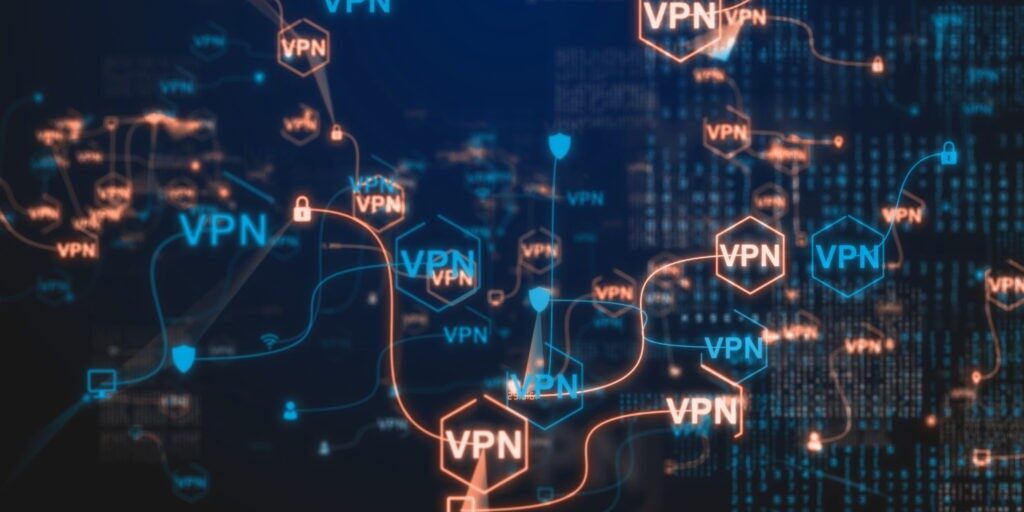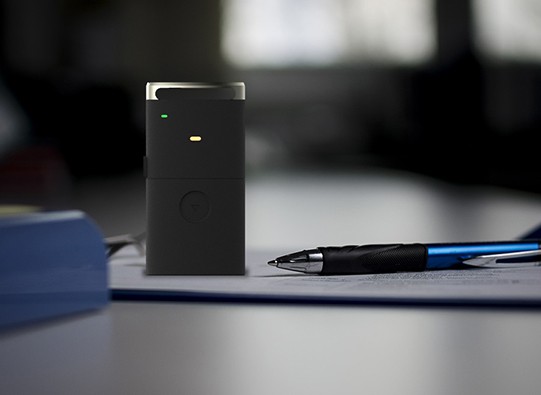
Why You Need 2FA for VPNs
Introduction to 2FA for VPNs
The global shift towards remote work has made Virtual Private Networks (VPNs) more crucial than ever, providing the lifeline that connects remote workers to their organization’s critical resources. However, as with any technology, VPNs are not devoid of vulnerabilities. It is vital for businesses to go the extra mile to secure this important communication channel. One of the most effective ways to do this is by implementing two-factor authentication (2FA/MFA) on your VPN.
The Landscape of Cyber Threats
Cybersecurity threats have been escalating at an alarming rate. In 2020 alone, cybercrime cost businesses more than $1 trillion, a 50% increase from 2018. VPNs, the conduits for remote access, have become attractive targets for cybercriminals. A compromised VPN is like an open door to your organization’s most sensitive data, including customer information, internal communications, and trade secrets.
Real-World Incident: The Twitter Hack
In July 2020, Twitter experienced a devastating security breach that compromised the accounts of numerous high-profile figures, including Elon Musk, Barack Obama, and Apple. The initial point of failure was not the platform itself, but rather its remote access solutions. The hackers exploited human weaknesses to bypass single-factor authentication and gain entry into Twitter’s internal systems. Had 2FA been universally enforced on all remote access points, this breach may have been prevented or at least mitigated, saving Twitter not only millions in monetary terms but also immense reputational damage.
The Solution: 2FA for VPNs
Two-Factor Authentication adds an additional layer of security by requiring two forms of verification before granting access. This typically involves something the user knows (password) and something the user has (mobile device, hardware token, etc.). Even if a cybercriminal gains access to the password, they would need the second factor to complete the authentication, dramatically reducing the likelihood of unauthorized access.
The Cost-Benefit Analysis of 2FA for VPNs
Implementing 2FA may involve initial setup costs, training, and user adjustment periods. However, these costs pale in comparison to the potential losses an organization could face due to a data breach.
- Monetary Loss: According to a study by IBM, the average cost of a data breach in 2020 was $3.86 million.
- Reputational Damage: The value of customer trust is immeasurable. Once lost, it can take years to rebuild, if it can be rebuilt at all.
- Regulatory Fines: With increasing legislative scrutiny on data protection, such as GDPR and CCPA, companies face the risk of hefty fines for failing to protect customer data adequately.
Enhanced Productivity and Business Continuity
Besides enhanced security, 2FA can also improve business productivity and continuity. It can be customized to provide smoother access to frequent users and stricter controls for seldom-used or more sensitive accounts. This ensures that not only is the business secure, but it’s also as agile and efficient as possible.
Conclusion
The digital age has brought unparalleled convenience and capabilities, but it has also introduced a host of threats that can have catastrophic impacts on businesses. Implementing Two-Factor Authentication on corporate VPNs is not just a best practice; it’s a critical line of defense that can safeguard an organization’s most valuable assets at a relatively low cost. The decision to implement 2FA is a decision to invest in the long-term viability and security of your organization.
See GateKeeper Enterprise advanced MFA in action.
Take a self-guided tour of how you can evolve from passwords. Then you're really saving time with automation.




